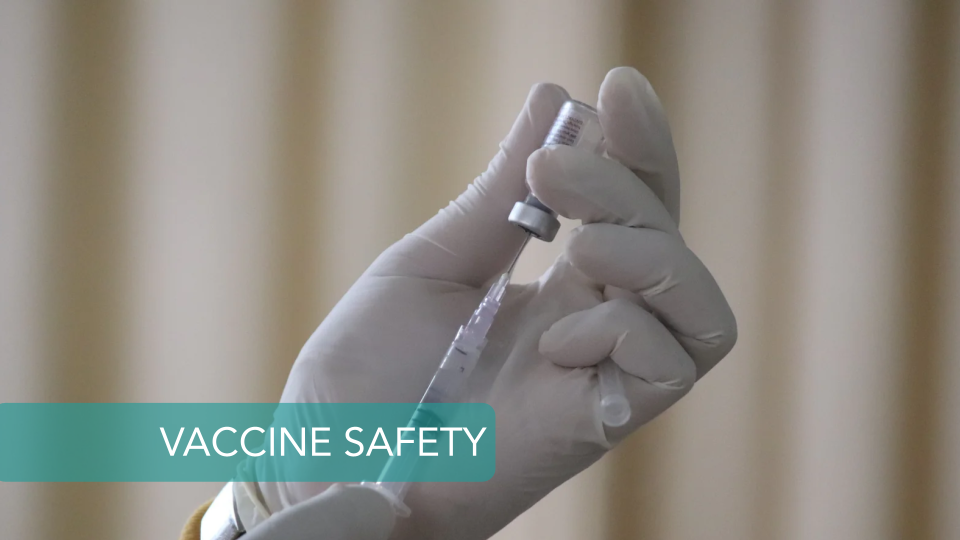Vaccines During Pregnancy: What You Need to Know
- Caleb

- Jul 25
- 2 min read
Updated: 3 days ago

Are Vaccines Safe During Pregnancy?
Yes—some vaccines are not only safe but strongly recommended during pregnancy to protect both you and your baby. Pregnancy naturally lowers your immune defenses, making you more susceptible to infections that could lead to birth defects, preterm labor, or even pregnancy loss. Following CDC guidelines, certain vaccines help reduce these risks with proven safety and effectiveness.
Vaccines Before Pregnancy: What to Check
If you’re trying to conceive, it’s important to confirm your vaccinations are up to date. Some live vaccines (like MMR and chickenpox) are not safe during pregnancy and should be administered at least 3 months before conception.
Recommended vaccines before pregnancy:
MMR (measles, mumps, rubella)
Varicella (chickenpox)
Polio (inactivated)
Hepatitis B
Tetanus
Pertussis (whooping cough)
Influenza (flu shot)
✅ Check your vaccination history early if you’re planning to get pregnant.
Which Vaccines Are Safe During Pregnancy?
While pregnant, killed virus, toxoid, or recombinant vaccines are considered safe and beneficial.
Recommended during pregnancy:
Flu shot (inactivated) – Recommended during any trimester
Tdap vaccine (tetanus, diphtheria, pertussis) – Ideally between 27–36 weeks of pregnancy
These protect both mom and baby, especially during the early months after birth when the baby’s immune system is still developing.
Avoid during pregnancy:
MMR (measles, mumps, rubella)
Varicella (chickenpox)
Live polio vaccine
HPV vaccine
Yellow fever (consult with your provider if absolutely necessary)
📌 If live vaccines are missed pre-pregnancy, plan to get them postpartum.
Vaccines While Breastfeeding: Is It Safe?
Absolutely. Breastfeeding moms can safely receive all routine vaccines—including the flu shot and Tdap. Vaccination at this stage can reduce the risk of transmitting preventable illnesses to your baby.
Note: The yellow fever vaccine may require discussion with your doctor if you’re breastfeeding.
Final Thoughts: Always Consult Your Provider
Every pregnancy is unique. While the CDC provides clear guidelines, your healthcare provider is the best person to tailor recommendations to your specific situation.
Whether you’re trying to conceive, expecting, or breastfeeding, staying up to date with the right vaccines is one of the easiest ways to protect your growing family.
Download the Cubtale App to track your pregnancy and get personalized health tips, reminders, and milestones synced with expert care guidelines.





Comentários